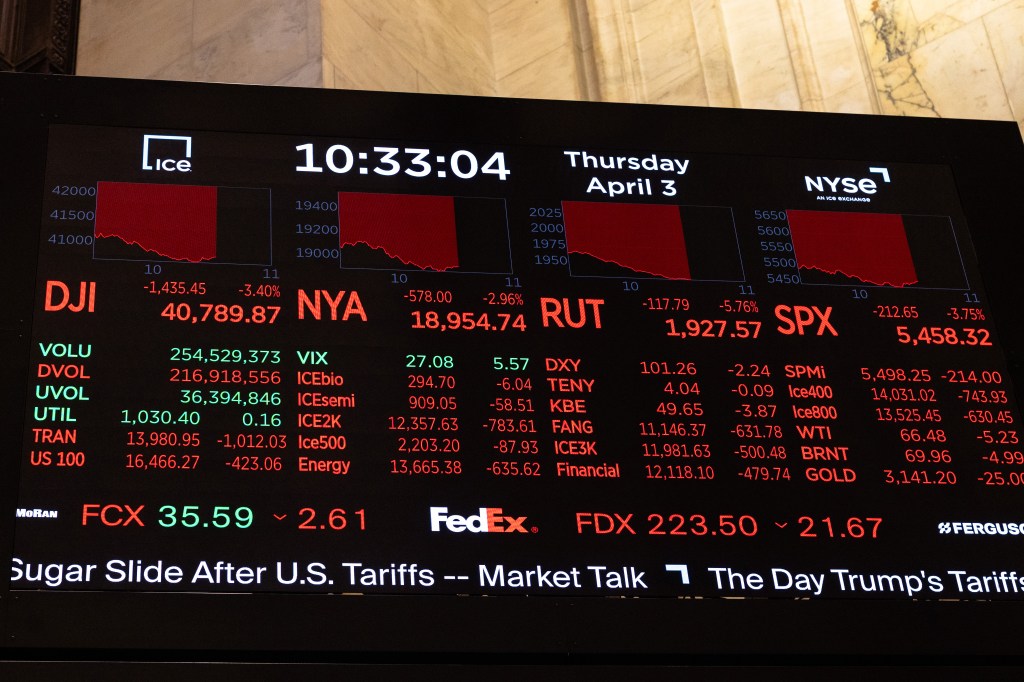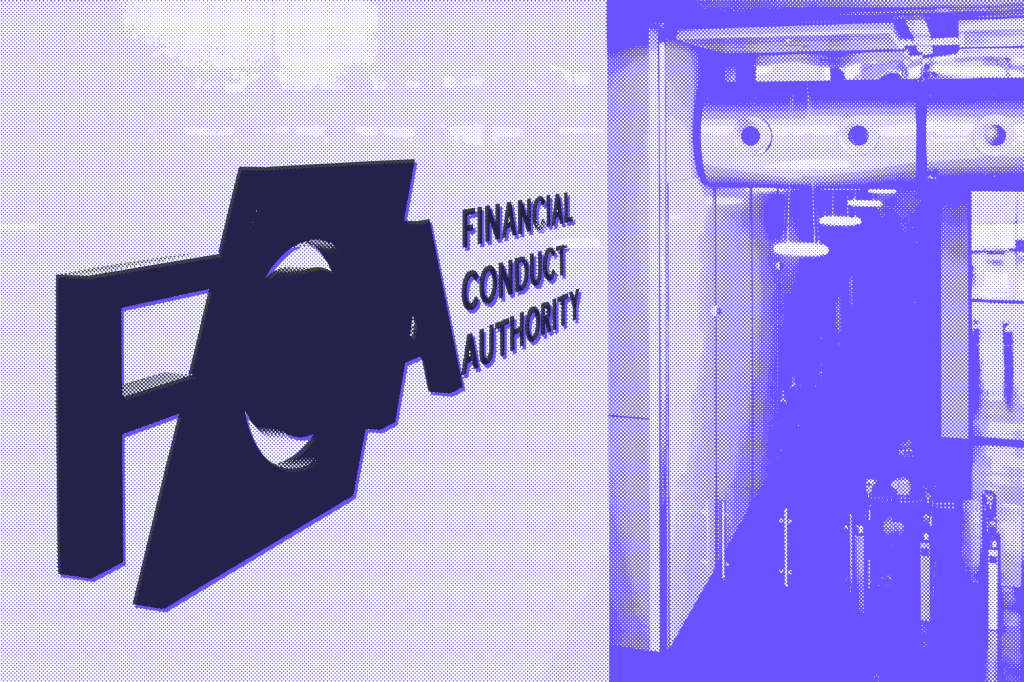Our regular roundup of events in the world of crypto.
Treasury assesses DeFi risks
The US Treasury has released its 2024 National Risk Assessments on Money Laundering, Terrorist Financing, and Proliferation Financing.
The reports detail recent, significant updates to the US anti-money laundering, terrorist financing, and proliferation financing. They also explain changes to the illicit finance risk environment.
In a specially focussed section on DeFi, the Treasury said: “Illicit actors, including ransomware cybercriminals, thieves, scammers, and DPRK cyber actors, are using DeFi services transferring and laundering their illicit proceeds. To accomplish this, illicit actors are exploiting vulnerabilities in the US and foreign AML/CFT regulatory, supervisory, and enforcement regimes as well as the technology underpinning DeFi services.”
The Treasury also mentions the issue of celebrities touting crypto, and fraud by social media influencers.
The risk assessments will be followed up with a national strategy in the coming weeks containing recommendations for addressing and highlighting the issues raised.
Hong Kong SFC forces license on exchanges
Hong Kong’s financial regulatory body the Securities and Futures Commission (SFC) has issued a warning to exchanges to apply for a license by February 29.
Exchanges that have not obtained the virtual asset trading platform (VATP) license by that date will be closed by May 31.
Only two exchanges, OSL and HashKey Exchange, currently have a license, while several more are awaiting approval.
The SFC urged investors to check whether the exchanges they are trading on have a VATP license.
In November 2023, local police arrested 30 people in relation to a fraud scandal surrounding exchange JPEX – 2623 people came forward to report a total of $1.6 billion in losses.
The incident led to calls for tighter regulatory controls in the Asian jurisdiction, due to the number of “loopholes” allowing exchanges to defraud customers.
The latest licensing move by the SFC is an attempt to mitigate this by regulating all platforms.
Thai SEC charges former Zipmex CEO
The Thai SEC announced last week that it had ordered Zipmex exchange to suspend all trading and brokerage services. Zipmex Thailand is a subsidiary of Singapore-based parent company Zipmex, headed by founder and CEO Marcus Lim.
The SEC had said: “Zipmex shall submit the results of the correction to the SEC within 15 days from February 2, 2024. Zipmex will be able to resume normal business operations upon receiving permission from the SEC.”
But in its latest statement, the SEC said it was accusing former director and chief executive officer Ekkalarp Yimwilai due to an investigation of information regarding the provision of Zipup/ZipUp+ services providing rewards to customers who used its digital wallet (Z Wallet).
“The SEC found that customers’ digital assets in Z Wallet were transferred out to overseas digital wallets before Zipmex Thailand announced changes to the terms and conditions of service,” the SEC said, adding the company had committed fraud, provided false statements, and concealed the truth from customers.

















